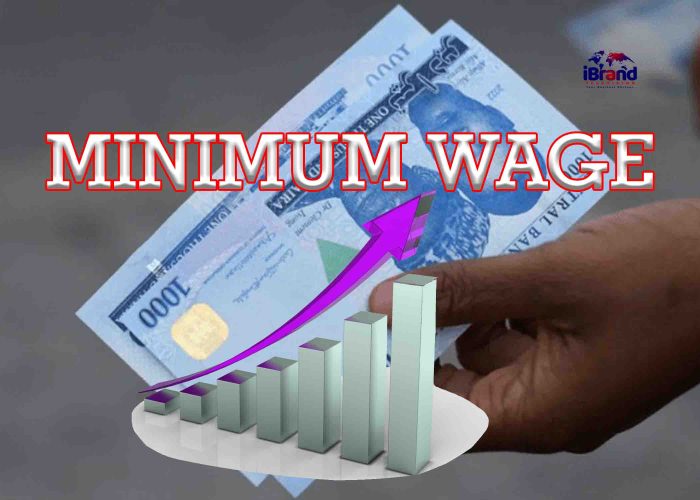The minimum wage in Nigeria has been steady at ₦30,000 since 18 April 2019. Over the years, the Nigerian Labour Congress (NLC) has been known to always push for minimum wage increments.

It is also known that most of the citizens do not take the Labour Congress seriously due to their impromptu call-off of major strikes every now and then or not fighting for an accurate cause.
Living Standards
While advocating for better living standards for workers is undoubtedly important, some argue that the focus on wage hikes may be a misplaced priority in the larger context of Nigeria’s economic challenges.
Nigeria’s economy faces structural issues like high unemployment, poverty, inadequate infrastructure, oil dependency, poor maintenance, abandoned projects, price control inadequacies, and electricity price spikes.
Critics argue wage increases alone may not yield long-term benefits and may worsen existing economic imbalances, highlighting the significant hurdles to sustainable economic growth and development.
Also, when wages rise without corresponding increases in productivity or improvements in the business environment, it can lead to higher production costs for businesses.
In response, employers may need to raise prices, which could lead to a general increase in the cost of living.
This, in turn, erodes the purchasing power of wages, particularly for low-income earners, thereby negating the intended benefits of the wage hike.
Also Read: National Grid Collapse Throws Nigerians Into Darkness As TCN Blames Fire
Proposed New Figure
Again, not all the states in Nigeria have been able to increase the previous wage fought for since April 2019 and now the Labour Union is proposing a new figure of ₦615,000.
Furthermore, there are concerns about the effectiveness of the minimum wage policy in addressing income inequality and poverty.
While raising the minimum wage may provide immediate relief to low-income workers, it does little to address the root causes of poverty and inequality.
In many cases, the benefits of minimum wage increases may accrue disproportionately to those already employed in the formal sector, excluding a significant portion of the workforce engaged in the informal economy.
Broader Economic Context
In conclusion, while advocating for fair wages and improved working conditions is a laudable goal, it is essential to consider the broader economic context and long-term implications of minimum wage increments.
By doing so, Nigeria can create an enabling environment for prosperity and shared prosperity for all its citizens.

